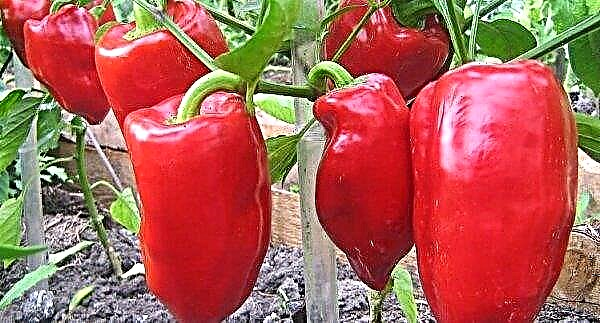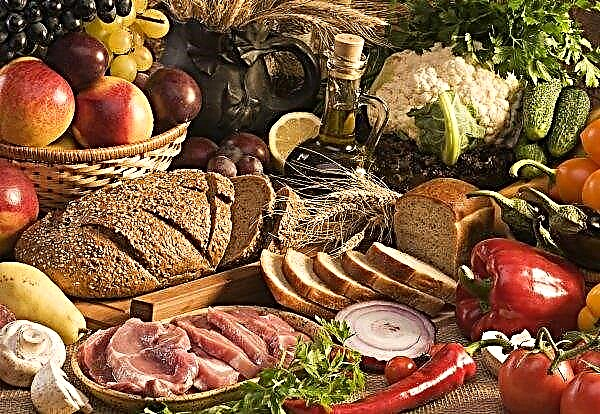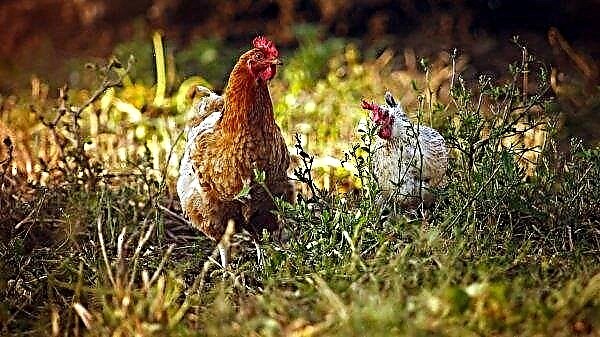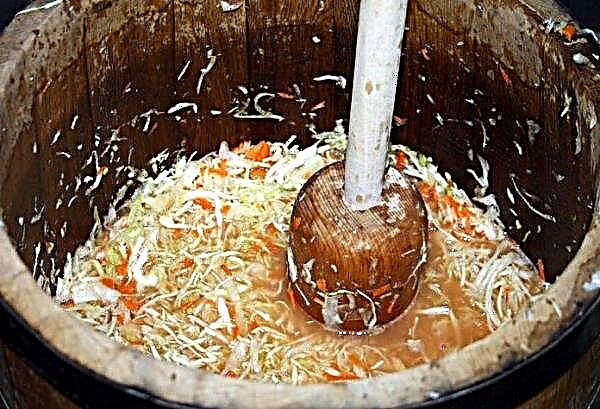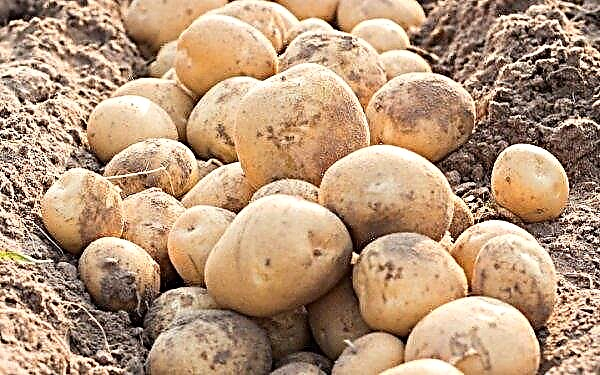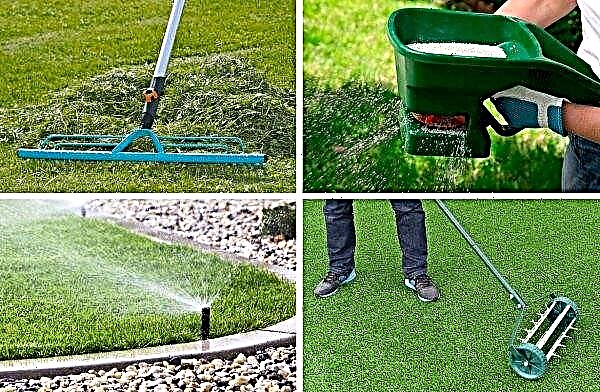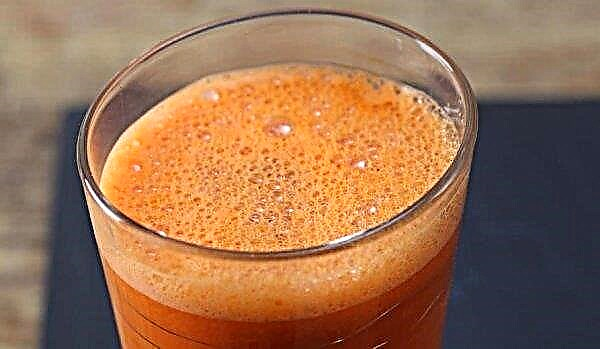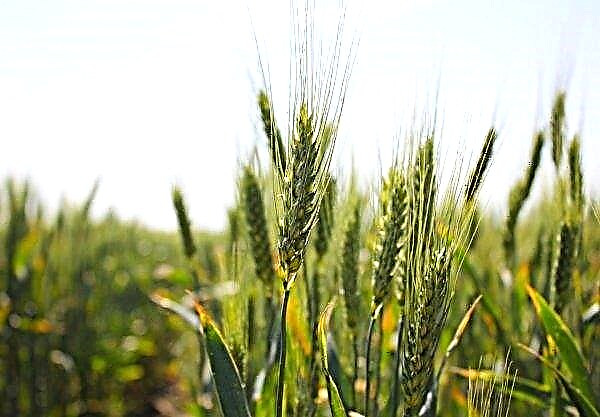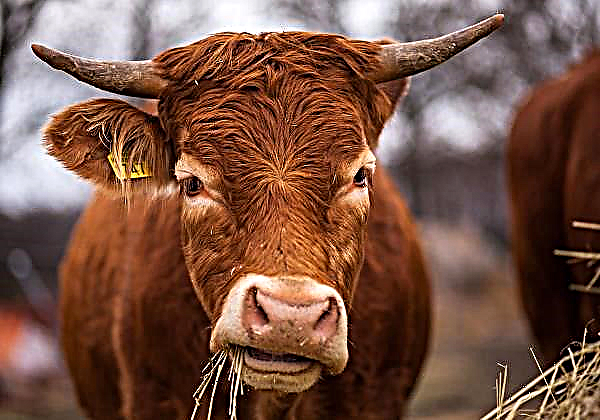According to the UN Department of Economic and Social Affairs, by 2030 the world's population will increase to 8.6 billion people, and by 2050 - to 9.8 billion. And this, accordingly, will lead to an increase in the market of agricultural inoculants.
Agricultural inoculants (soil or bioinoculants) are agricultural amendments that include useful rhizospheric or endophytic microbes to strengthen plant immunity. These microbes form a symbiosis with the target cultures, both of which benefit. Although they are mainly used to improve plant nutrition, they can also be used to stimulate growth and hormone production in them.
 Inoculants consume several mineral elements from the soil as sources of their nutrition and turn them into forms more accessible to plants)
Inoculants consume several mineral elements from the soil as sources of their nutrition and turn them into forms more accessible to plants)
The global market for agricultural inoculants is experiencing a period of active growth due to the ever-growing number of people on Earth. Fortune Business Insights voices this information in its report entitled “Agricultural Inoculant Market Size, Share Analysis, and Industry Analysis:
- by type (biocontrol agents, microorganisms that promote plant growth, plant-resistant stimulants),
- by sources (bacterial, fungal, others), by methods of application (soil inoculation, seed inoculation, others),
- by types of crops (cereals, legumes and oilseeds, fruits and vegetables, others). ”
An analysis of the world market was also carried out, and a forecast for 2019-2026 was provided.
- All life on Earth has an immune system, and it helps to recognize pathogenic microorganisms by chitin in the cell walls of plants, causing resistance to disease.
- The Ministry of Agriculture of China has issued certificates for genetically modified crops grown domestically, and this brings the commercialization of grain grown in this way to the world market.
- Italian startup Vegea introduced a revolutionary solution - fruit skin; the novelty is a more deliberate solution to reduce animal suffering and energy costs for the production of “real skin”.




